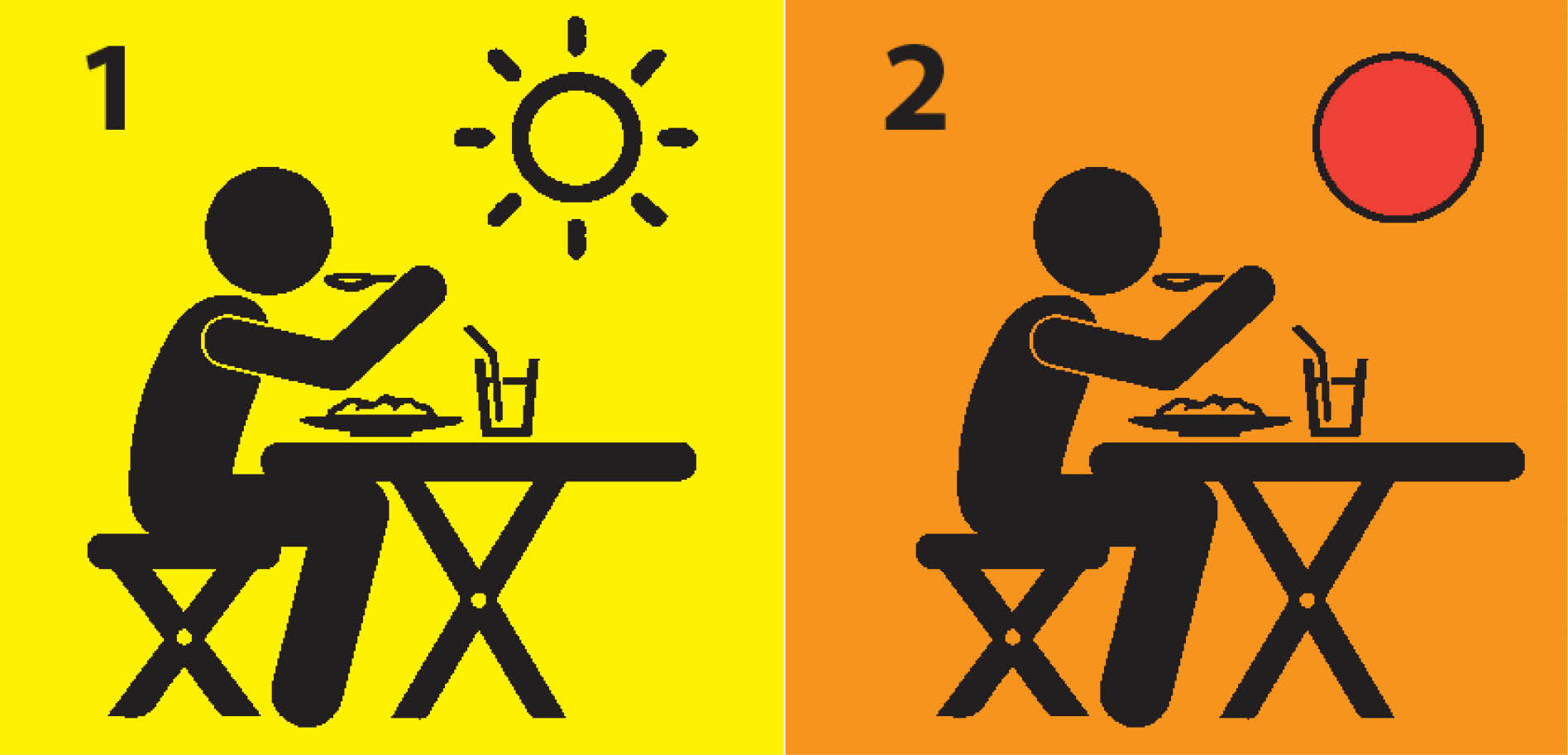For years, there has been a debate among experts about the frequency of eating in a day. Should we embrace the traditional three-square-meal a day or settle on a more wholesome plan?
Some claim that eating small portions frequently increases the metabolic process and therefore helps in losing weight. But how true is this?
- Atletico the biggest losers as Real Madrid, Barcelona collide in El Clasico
- NPFL clubs re-strategizing for second round
Some researchers at the Institute for Clinical and Experimental Medicine in Prague, Czech Republic tried to find out.
They gave two groups of type 2 diabetes patients 1,700 calories to eat within a day. For One group, the food was divided into two meals a day. For The second group, it was divided into six meals.
Although the amount of food was the same, the two-meal-a-day group lost an average of three pounds and 1.5 inches of their waistline than the group which ate the food six times.
The same volume of food, same calories, the only difference was in how many times they ate it.
Why this counterintuitive outcome?
While the amount of food we consume matters, argued Michael Mosley and Mimi Spencer in ”The Fast Diet”, the frequency matters more.
Accordingly, Jason Fung argued convincingly in ”The Obesity Code” that snacking between meals is the thief of your weight loss gains.
Indeed, even swishing a sugary drink in your mouth is enough to make your body behave as if you’re eating and increase the level of insulin, Gin Stephens explained in his book, ”Feast, Fast, Repeat.”
What is insulin and what does it do?
Insulin is a hormone that takes sugar from the bloodstream and deposits it in the body cells. However, it is said that too much of anything is bad. So if you have too much sugar in the bloodstream as a result of eating too much sugar and carbohydrates, the cells may stop receiving the sugar being given to them by the insulin; which breaks down the delicate process and leads to what is called insulin resistance. This is where the sugar is available for the cells, but they wouldn’t be able to uptake it optimally, therefore the cells would still scream for the sugars.
Eating constantly, Dr. Jason Fung argues, increases the levels of insulin and may lead to chronic inflammation, Dave Aspray added in his book, ”Fast This Way.”
So what to do?
You should stop eating between meals, Fung advised. Your body needs to fast for about four hours after a meal, he explained.
What is wrong with three-square-meal a day?
In 2015, the U.K. Daily Mail wrote about experts’ protest against three meals a day.
”Now, experts have warned eating breakfast, lunch and dinner may be damaging our health. In fact, there is no evidence eating three square meals a day is beneficial to the body’s needs for energy. In fact, skipping meals and fasting could actually be better for health than sticking to rigid eating patterns.”
Why where did we get the three square meals?
In an article in 2012, the BBC attempted to answer that question. ”By the late 18th Century most people were eating three meals a day in towns and cities. By the early 19th Century dinner for most people had been pushed into the evenings, after work when they returned home for a full meal.”
Why does the word ”square” come from?
Even that is a recent invention. ”The origin of the phrase may come from the Royal Navy where meals were served on wooden square plates, ” the News Lens reported. ”In the past, hotels were also known to serve meals on square wood platters.”
Therefore, three meals a day routine is a recent invention. In a later chapter, you will see how Ramadan fasting among Muslims reduces the risk of cardiovascular disease. Well, Muslims eat twice during Ramadan: in the evening when they break their fast up to when they go to bed and early in the morning before the dawn prayers.
But if you’re not in the month of Ramadan or you have no desire for fasting, what should you do?
Author Micheal Mosley also told a story of how he triumphed over his struggles with overweight and pre-diabetes. He simply ate twice a day: breakfast and a light dinner. Within two months, he was out of the danger zone for diabetes and lost a lot of weight in the process. I will tell you more about that in the chapter on how intermittent fasting can help you lose weight.
In the chapter on how fasting helps you delay aging, I will tell you the story of a man who remains perpetually young because he only eats twice a day: lunch and dinner. He doesn’t eat breakfast and looks the same age as someone 20 years his junior.
If you are going to take one message away from this book, it is this: limit the amount and the frequency of the food you ingest. Or even better, eat only when you are hungry. You will also learn more about that in the chapter where I tell the story of what a stolen book taught me eating only when hungry and its correlation with the eating habits of Prophet Muhammad (SAW)’s companions.
This column is an excerpt from my book, ”Feast, Fast, Feast.”

 Join Daily Trust WhatsApp Community For Quick Access To News and Happenings Around You.
Join Daily Trust WhatsApp Community For Quick Access To News and Happenings Around You.

